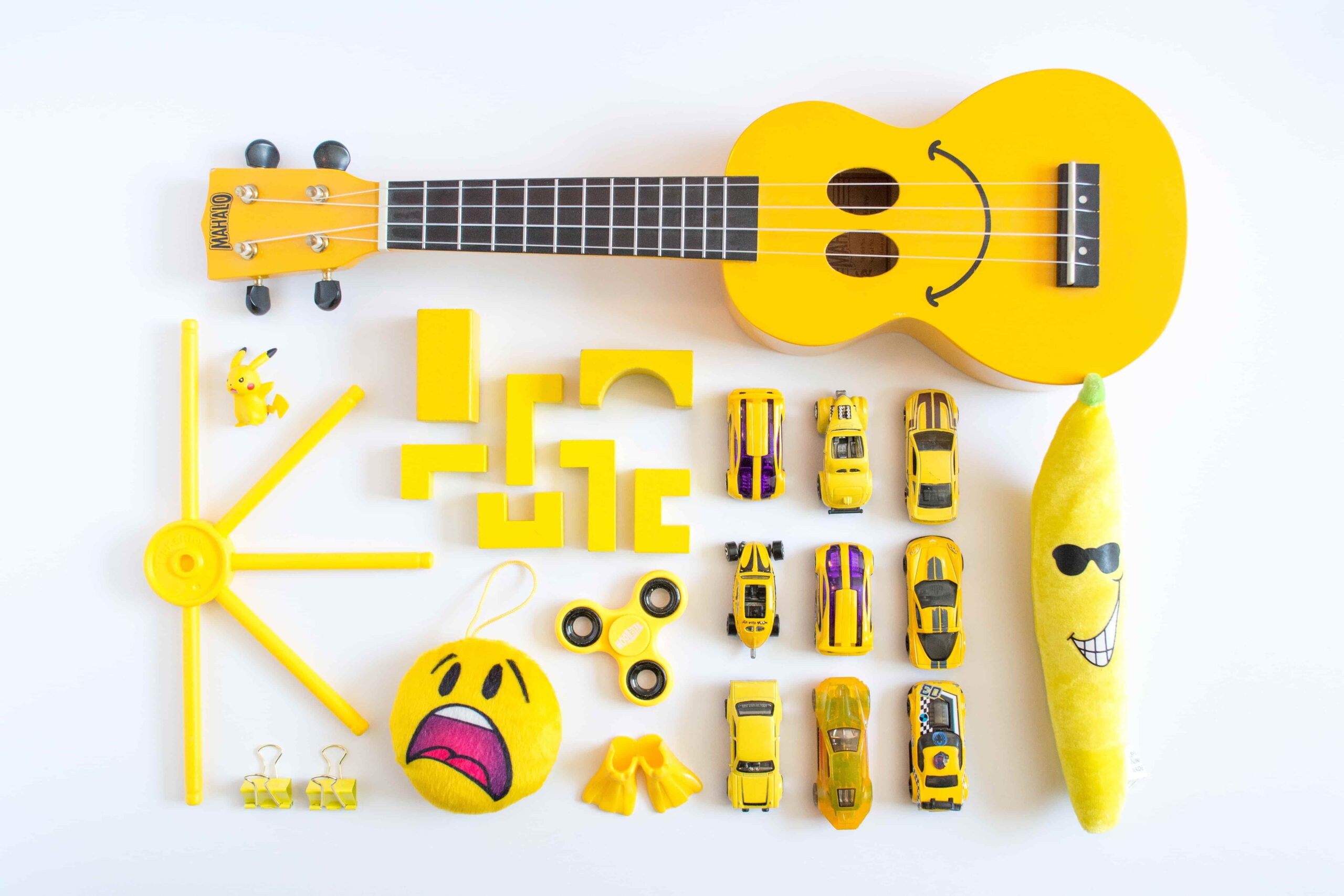✏️ Pencils up – here’s our family’s cheat sheet of science-of-learning backed resources for a quality education in the preschool years that doesn’t require pricey tuition checks. *record scratch* What did she just say?
^^repeat: You can keep attending that convenient but traditional public school or daycare AND bridge the gap to an elite preschool education by supplementing school at home. Yep – these resources work even if you’re both climbing the corporate ladder.
Don’t rob your child’s college fund to provide a quality education
Your kids’ brains are working in overdrive all the way through first grade if not third grade. They don’t need to attend and subsidize a fancy campus’ manicured lawns, sports facilities, service projects, or theater programs (which they can’t meaningfully use until at least the later elementary grades anyway).
They just need more intriguing and child-specific challenges + learning opportunities – all backed up by a heaping portion of fun and a bouncy house’s worth of learning evidence.
And what pray tell is a quality education?
There are a million and one ways to skin this particular 😺, but the simplest way to think about it is this:
A high quality education fosters lifelong learning and builds the urge to gather knowledge indefinitely (compulsively? 🤗)
Without further ado, here are the secular resources we vouch for that have helped our high-ability 5 year old end his public PreK year reading at a first grade level and computing at a 1st grade level.
Phonics, Spelling, and Reading Comprehension
Logic of English – I have a mad crush on Jonathan Bailey (seriously, have you seen how many times I reference him on my website? Is that even a place of business🤭), but I have an even deeper and more abiding love for this curriculum.
Mr. 5 is entering Kindergarten in a mere few weeks and we’re currently on lesson 123 of Level D. This roughly aligns with skills expected of readers at the end of first grade/beginning of second grade.
- We started level A when he was 3,
- Completed level B when he turned 4, and
- Finished level C around the end of PreK (four months after he turned 5)
There are two other reading programs I recommend to clients which are considered gold standard in the homeschool community and which I respect.
Caveat: one of those two requires what I feel is a significant investment of prep time. It is better suited to someone who is working part-time or is full-time homeschooling.
Handwriting
Handwriting without Tears – handwriting is Mr. 5’s least favorite thing to do. Most of his 3K year was spent at the across-the-street 🙏 daycare where thanks to the infinite patience and counseling of Ms. Tijuana, he finally developed a proper pincer grasp. In PreK, he slowly started enjoying drawing and coloring.
IMHO, letter formation is not the most important thing when it comes to writing – developing finger strength is where writers are developed. These include all manner of fine motor skills and chores at home.
If I were budget-conscious (and who isn’t with interest rates gone wild 💥), I wouldn’t bother with a handwriting curriculum.
Math
Math with Confidence – new math can be confusing but doesn’t need to be. Kate Snow is the queen of play-based math. *Chef’s kiss* to her lovely program.
We also mix in Montessori math, something I’ll cover in my signature course – Inquisitive Learner Accelerator – it’s the only pioneering, out-of-school program for 3-6 year olds that uses customized learning systems + strategies to accelerate your child’s development in reading, writing, and math.
Mr. 5 is working on multiplication with the Montessori bead cabinet material, something I never thought we could use because of our very limited space (ahem, 🗽 apartment living!). But I spill the beans here on how we used Elfa Shelving to make a compact Montessori bead cabinet. Gaining a Montessori education doesn’t have to be all or nothing – you can definitely find creative ways to instill this educational philosophy at home.
Pro tip: Kindergarten and 1st grade math skills overlap. I purchased the Math with Confidence first grade level when our son was 3, and we’re now halfway through the book. This is the magic of being able to teach at home without adhering to any one teaching philosophy:
- Mr. 5 has a chance to develop mastery of the material by progressing from the concrete to the abstract (manipulatives based learning)
- He has time to develop math fluency and recall
- No rote learning, flashcards, or worksheets required (no shade if your child loves them; whatever floats their boat! Hands-on learning where possible I say….)
There are two other math programs I also recommend to my clients, though Singapore Math (used by many private schools) did not work for us. There was something about the supplemental worksheets that Mr. 5 could not get behind (TBH, they were SUPER REPETITIVE 😳).
The MWC supplemental worksheets are way more interesting to complete because they involve fun activities like coloring, drawing, and matching (instead of just producing the right number over and over again).
Science and Social Studies
While I focus on reading, writing, and math because these are do or die skills that I don’t want to leave to chance, I’m also all about closing the knowledge gap.
👀 FINALLY – I have the answer to life the universe and everything.
J/K but I do have proof now that yes – you did better on those sawdust dry 🤮 SAT reading passages if you had some background knowledge about the topic.
American elementary schools approach reading comprehension as a matter of teaching generally applicable skills, like finding the main idea and making inferences.
The trouble is 🧠 scientists have known for decades that the most important factor in reading comprehension is how much knowledge and vocabulary the reader has relating to the topic.
Science and history are the most neglected subjects in elementary school. So I do my level best to ensure that we chip away at this gap and meet quality education standards by having an ample amount of nonfiction books and resources at home, as well as geography resources.
Our pick? Torchlight’s Kindergarten level and Scientific Connections through Inquiry.
Supplementing school makes quality education possible
There are a litany of reasons parents choose private schools over public schools, but think about it: 👉 there will always be terrible private schools and great public schools.
If you can attend a great public school, you don’t need to sacrifice your retirement to attend a private school (which by the way – #RealTalk – you can’t get a loan for retirement last time I checked. Scout’s honor.).
But also, in an age of sky-high inequality at all levels of society, the days of just attending a great public school and NOT supplementing school are over. Maybe those days never even really existed – virtually every single family I knew growing up shelled out for multiple tutors. That stuff got ‘spensive fast – it was an arms race my family couldn’t afford to dabble in. And that was ~30 years ago…(omg, did I just share my age with the world?)
By not attending private school in the early years, we’ve been able to:
- Take family vacations on five continents by the time kiddo was 5
- Provide an unstructured, play-forward childhood with time to chase our 1000 hours outside goals
- Accelerate his learning in individual subjects as his skills and interests have matched up
- Plug knowledge gaps that are important to Mr. 5 👈 him! not us!:
- Titanic unit study
- Disasters unit study
- Airport unit study
- Bilingual education
- Nature skills unit study (compass skills, bird calls, flower/tree identification)
- Biomes unit study
We’re both working professionals suffering from the same middle-age tiredness that bedevils so many of our peers. #WhyDoesMyNeckHurt??? Weekend nap time is sacred in our household. But quality education is important to us – so we make the effort to lean into Mr. 5’s interests after hours.
The secret sauce to closing the achievement gap
I have no problem sharing the resources we use because I genuinely freaking love them and I’m convinced our society and democracy will be better off when more parents join the movement to supplement school at home.
I also think gifted and talented education for all should be a thing because a rising tide lifts all boats – what we have in NYC is a sham these days which is too bad.
This is where supplementing school at home comes in to save the day. I don’t capitulate to whim and hard knocks easily. You either? Then we’ll be fast friends – pinky promise.
But I also know the top three myths that keep more parents from diving in and providing that quality education their kids deserve:
- Perceived lack of time (hint: better time management isn’t the solution)
- Lack of trust in their ability to teach their kids (you don’t need a teaching degree)
- Indecision on how to spend their extracurricular budget (peer pressure is useful for some kids, but what’s universal is that ALL young kids want their parents’ loving and undivided attention 👉 guess where your $$$ is best spent if you want to raise learning outcomes?)
Don’t let these myths hold you back – your kids are exceptional and will benefit from the 1:1 attention you give them in the early years.
While we’re on myths: volunteering to organize the 🍂 Fall Fest or serving on the PTA is not the same as directly giving your child a tailored, quality education. Parent involvement at school is important – those special activities don’t run themselves.
BUT there is a distinction between what you do for the school community and what you do to serve your child’s learning journey. They are completely separate spheres and lead to completely different outcomes. Do not confuse the two activities.
A free and easy way to track to quality education
🪩 In time to ring in 2024, I released THREE learning tools 💣 that you’re the first to know about!
The best part? They all cost $0.00 – happy belated Christmas! 🛍️🎁
Please keep me posted if you see any snafus or fatal flaws. Just do it kindly is all I ask – I’m a working mom like many of you and have a 💓beating heart that feels!
- If you want to know whether G&T education at a public school would even help your child, the first step is to figure out where they are in terms of skills mastery. Curious if your Kindergartener has already exceeded what he/she is supposed to master? Download the CoreClarity guide to cross-check which of the 68 standards your child needs to know.
- Struggling to keep a steady stream of high quality literature in your house? Overwhelmed by which books to read aloud? Never be at a loss again with the SmartStart Bookshelf – a list of the 1,179 books elite preschool + Kindergarten programs and organizations recommended to their students during the summer of 2023. Create your own smart bookshelf here!
- Curious which OG teaching muse inspires your preschooler and family? Take this 2-min quiz to discover your winning teaching style and get top shelf resources to help your preschooler master more than the standard curriculum.
Curious? You’re my type of kindred spirit! Sign up for my love letter to learning where you get first dibs when these free resources drop.
You’ll also get bi-weekly learning hacks, your working parent gleam team, and resource recommendations that we’re loving so you extend learning and get more me-time. That’s what we call a win win! Get your own copy here!

